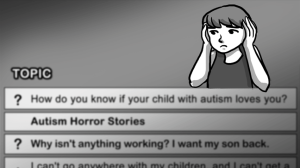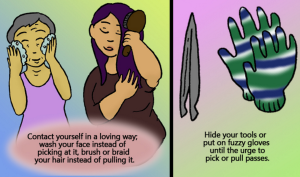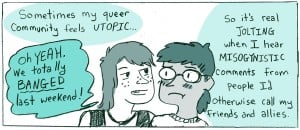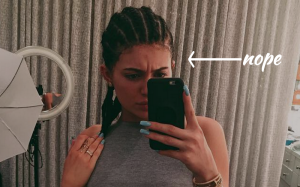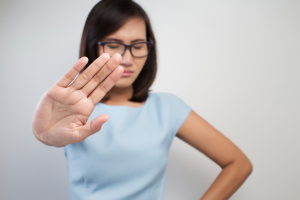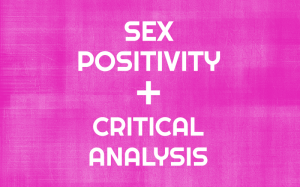Dena Takruri: The U.S. jails more people than any other country.
What does that mean? The system works like this: Say you’re arrested for allegedly committing a crime. One of three things will happen: you get released until your trial, you’re denied bail and sit behind bars, or you’re offered bail – an amount of money that you have to pay to get out of jail until trial.
It’s like the court’s insurance policy that you don’t skip town. Once you show up to trial you get that money back. Paying bail allows you to go back to your kids, your job while awaiting trial. But what if you can’t pay that bond?
Chesa Boudin, Public Defender: It is an explicitly class and wealth-based discriminatory process for determining who gets to be free while they await trial and who is forced to remain incarcerated while they maintain their innocence.
Dena: While a rich man charged with murder can afford his $250,000 bail, someone arrested for shoplifting who can’t pay their $500 bail may sit behind bars for months before their trial date. At any given time in the U.S. there are nearly 450,000 people locked up awaiting trial, including both those denied bail and those unable to pay.
There is another option of your bail is set at, say, $70,000 but you don’t have the money, you can pay a local bondsmen to cover the fee for you. But here’s the catch: bondsmen take 10%. While the court will return the $70,000 when you get to trial you still owe that bondsmen $7,000.
That amount will accumulate interest until you can pay it back. And bonds companies are allowed to take extreme measures – including breaking into your home – to collect their payments. It’s a really lucrative industry with serious consequences for those who can’t pay.
Chesa: I was arguing a motion to get one of my clients out of jail. The bail was set at $100,000, well above his ability to pay. Because he couldn’t pay the bill and because the judge refused to release him without bail he pled guilty.
Dena: Pleading guilty can get you a penalty of say, community service. While the offense would be on your record, guilty or not, you wouldn’t necessarily have to do time. Because doing time is the last thing you want. In jail you risk not just losing your job and relationships but also the possibility of sexual assault, physical violence, and contracting a contagious disease.
Chesa: And to ask somebody to endure that for more than a month simply because they’re too poor to pay bail undermines the integrity of the entire criminal justice system.
Dena: The US Bill of Rights bans what’s called excessive bail, but even relatively low amounts – say $500 or $5000 – can be considered excessive to some. It can mean the difference between life and death.
Take the case of Sandra Bland, who was arrested in Texas for allegedly assaulting a police officer after a minor traffic violation. The court set Bland’s bond at $5000. She couldn’t pay so she was forced to stay in jail. Three days later she was found dead in her cell.
The for-profit bail system is problematic but there are alternatives. Kentucky became the first of four states to ban commercial bail in 1976. 94% of felony defendants still show up for trial.
If other systems are working, should the large majority of states continue to use for-profit bail?






